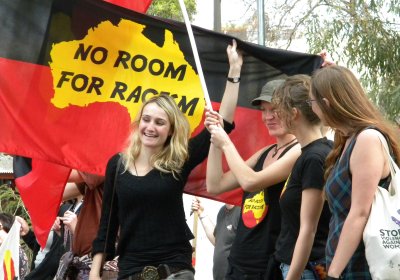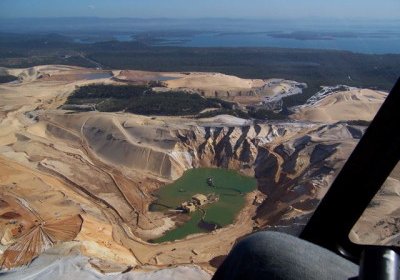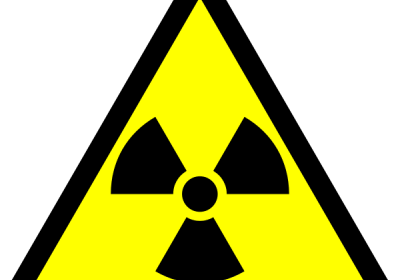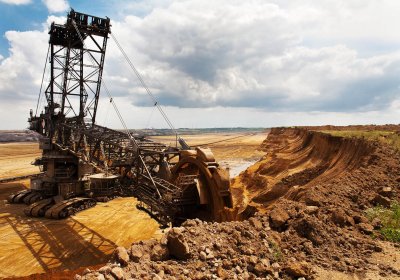Humanity is in a race against time to avoid the environmental and social catastrophe caused by climate change.
At times, it seems we are losing the race. When we look at the sabotage of international summits by the rich countries, or the false solutions peddled by governments and corporate polluters, the challenge we face can seem overwhelming.
But globally, there is a rising people’s movement demanding real action on climate. This movement gives reason for hope and inspiration.
Environment
Wiya! Angela Pamela
by the Super Raelene Brothers & the Little Sisters Collective
Review by Emma Murphy
Wiya! Angela Pamela, a protest song in three languages with an incredibly catchy base and back beat, is the result of collaboration between funk-folk band the Super Raelene Brothers and the Little Sisters Collective, two Alice Springs-based groups.
The song, in Western Arrernte and Luritja, with a smattering of English, is in response to — and part of a campaign against — the proposed Angela Pamela uranium mine.
More than 200 people gathered at the Yirara College in Alice Springs over July 6-9 for a conference entitled Defending Indigenous Rights: Land, Law, Culture Convergence.
The convergence brought together Aboriginal communities affected by the Northern Territory intervention to speak and coordinate with anti-intervention and Aboriginal rights groups from around the country.
Environmentalists are calling for the state government to cancel a mining lease on North Stradbroke Island, off the coast of Brisbane. Huge quantities of sand on the island has been illegally mined and sold to landscape and building industries.
On July 3, the Queensland Court of Appeal dismissed an appeal by mining company Unimin against a Supreme Court ruling in December 2009 that it had carried out illegal mining and sale of the sand.
"The recent campaign by the big mining companies, which brought down PM Kevin Rudd, shows the enormous power of these giant monopolies in our capitalist society”, Socialist Alliance activist Marg Gleeson told a public forum, sponsored by the SA on July 6.
"This two-month campaign of lies and distortions by the mining barons was victorious. It underlines exactly who holds the levers of power in our 'democratic' country."
About 250 people attended the Students of Sustainability (SoS) conference at Flinders University in Adelaide over July 4-8. A highlight of the conference was the attendance of the Indigenous Solidarity Rides bus full of passengers on their way from Newcastle to the convergence at Alice Springs.
They presented workshops on the NT intervention, its effects on Aboriginal communities and the struggle to repeal the racist laws.
From the standpoint of conventional political analysis, Julia Gillard has had a spectacular start to her reign as prime minister.
She wrested the position from Kevin Rudd with minimal bloodshed, announced she was going to neutralise the mining tax controversy by negotiating with the mining billionaires and was rewarded with a dramatic turnaround in the opinion polls.
In 2006, the Victorian government committed to introducing a “landmark” Climate Change Bill. At this time, there was growing momentum around the world for legislation that would cut greenhouse gas emissions. This momentum was largely in response to the glacial pace of the international climate change negotiations.
In her opening remarks as Australia’s new prime minister, Julia Gillard said she believed climate change was real and was caused by human activity. What she left unsaid was that she doesn’t believe in doing much to stop it.
Former PM Kevin Rudd’s rapid nosedive in the opinion polls coincided with Labor’s April decision to dump its proposed emissions trading scheme until 2013.
The scheme itself was radically flawed, but many people still associated it with action on climate change. More than with any other issue, Labor was punished for its perceived backflip on climate.
Mel Barnes, a well-known Tasmanian political activist, will contest the seat of Denison in the upcoming federal elections, for the Socialist Alliance. Barnes is a leading climate and renewable energy campaigner involved in Climate Action Hobart.
She has also campaigned for women’s rights, Palestine solidarity, refugee rights and Latin American solidarity. In 2006, Barnes went on a solidarity tour of Venezuela to learn about the revolutionary changes occurring there. Barnes stood for the Socialist Alliance in the recent state elections.
While G20 leaders barely made mention of the climate crisis at the June 26-27 G20 summit in Toronto, Pablo Solon, Bolivia’s United Nations ambassador, was in town to encourage action on the “Cochabamba protocols”.
It is no surprise that Solon, also Bolivia’s chief climate negotiator, was not on the list of special invitees to G20 meetings. In April, Solon and the Bolivian government he represents organised the World People’s Conference on Climate Change and the Rights of Mother Earth in Cochabamba.
Eighty people gathered at the State School Teachers Union offices in Perth for the Socialist Ideas Conference over the weekend of June 26-27. Speakers included Jeyakumar Devaraj, Socialist Party of Malaysia MP, and Richard Downs, spokesperson for the Alyawarr People's Walk-off in the Northern Territory.
- Previous page
- Page 286
- Next page









